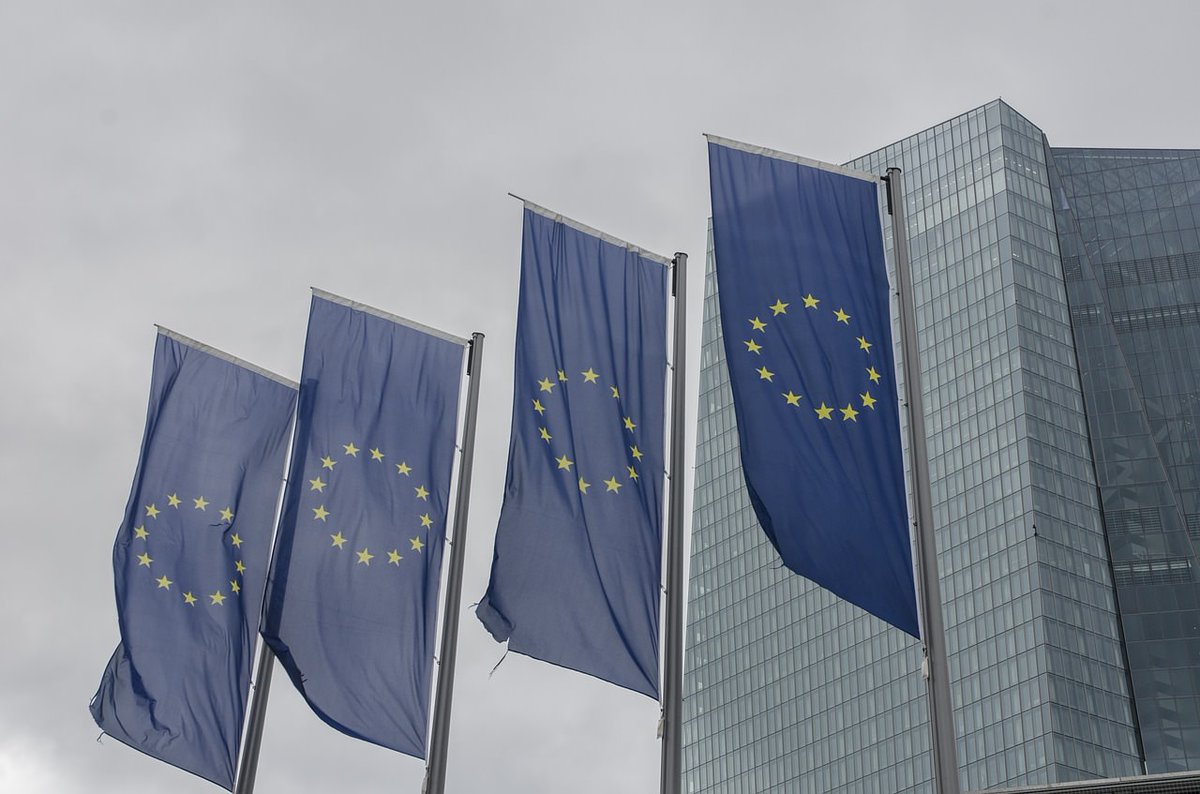The head of the European Commission Ursula von der Leyen at a meeting with Prime Minister Donald Tusk said that Poland by the end of the year will receive an advance for the National Reconstruction Plan (KPO) in the amount of 5 billion euros (approx. PLN 22 billion).
It should be mentioned that the payment of EU funds during the reign of the United Right was frozen due to the EU’s concerns about the state of the rule of law in Poland. However, the new government headed by Donald Tusk has declared a completely different approach to the rule of law and promised to reverse the reforms introduced by predecessors, which allowed the payment of the first funds. In November, the Commission issued a positive opinion on the changed KPO, which paved the way for Poland to the first advance.
The head of the European Commission welcomed Tusk’s plans to make the rule of law one of the priorities of his government. She also appreciated the determination of the new prime minister to address all the objections expressed in recent years by the court of Justice of the EU and the European Commission.
“I also welcome the fact that you have taken the initiative for Poland to join the European Public Prosecutor’s Office. This is excellent news, first of all for Polish citizens, but also for European partners and European citizens,” said Ursula von der Leyen.
It is interesting that the first advance is money from the RePowerEU program, designed to move away from Russian fossil fuels and invest in green technologies. The head of the European Commission added that this amount will help Poland to carry out effective decarbonization and fight climate change.
Most importantly, the European Commissioner for Budget and Administration Johannes Hahn also announced that he would find a way to provide Poland with 111 billion euros of EU funds, including from the KPO program and the Cohesion Fund.
It is worth noting that the National Reconstruction Plan for Poland is 59.8 billion euros (34.5 billion euros in loans and 25.3 billion euros in subsidies) and includes 55 reforms and 56 investments.
European Commission / Jacek Perzyński

 PL
PL EN
EN






